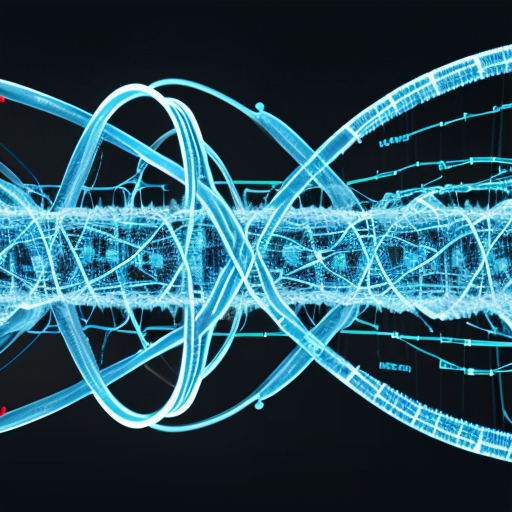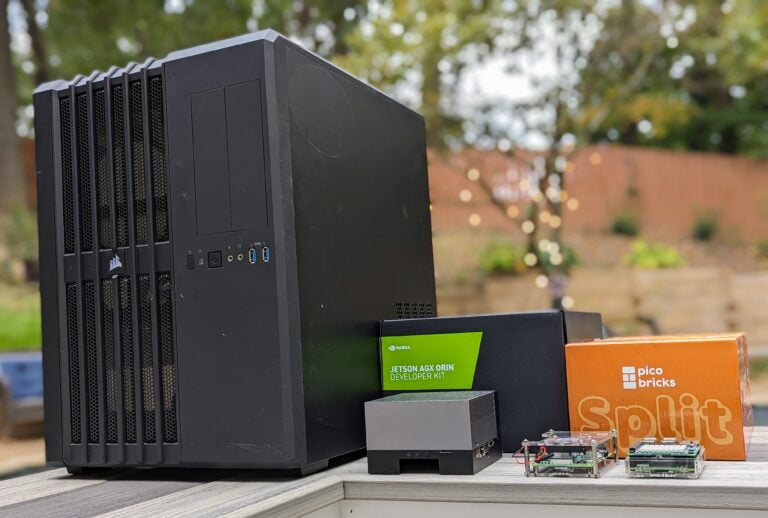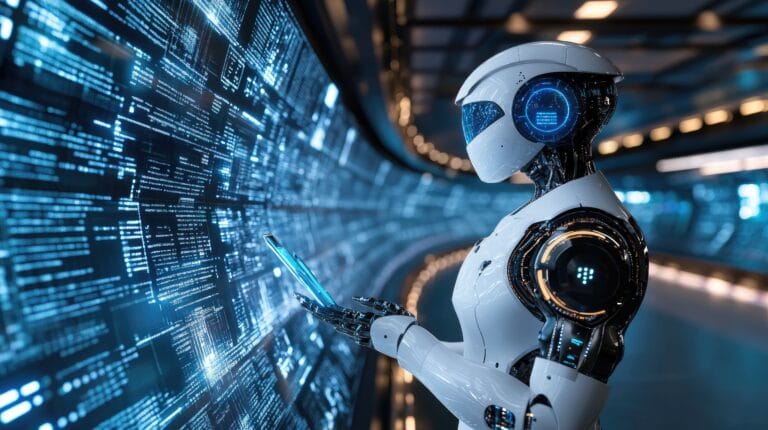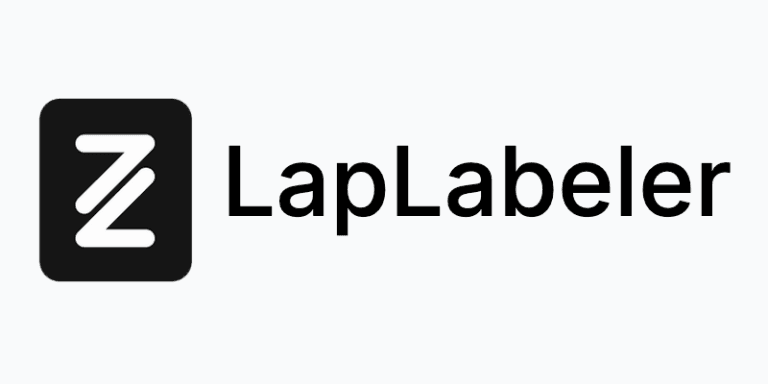We are very excited to announce that Zaggy AI has been accepted to the Microsoft for Startups Founders Hub! We look forward to working with the team at Founders Hub to explore the many services and solutions available in the Microsoft Azure ecosystem, as well as back office and productivity tools.

Similar Posts

Untangling the Loops of Human Interaction in Artificial Intelligence
In this blog post, we will explore the concepts of Human-In-The-Loop, Human-On-The-Loop, as well as fully autonomous AI – examining their differences and similarities while focusing on how these models incorporate human input.

Hardware Matters
Leveraging AI at the edge is challenging at best. We see many IoT solutions trying to push AI all the way to the actual sensors, or all the way into the cloud. We think there is a better solution.

Introducing RAICE: The Racing AI for Crew Enablement
Over 300 sensors and 1.5TB of data per car over the weekend, and they had to wait ’til post-race to analyze the data because of time and manpower constraints at the track. The concept for RAICE was born.

Introducing Zaggy AI’s LapLabeler
We’re excited to introduce LapLabeler, a groundbreaking new tool specifically designed for labeling deep learning datasets in motor sports.

A Look at Hybrid AI Approaches
Hybrid AI aims to combine the best of both worlds to create more robust, reliable, and effective systems by leveraging a blend of both rule-based and learning-based approaches.

Sensor Fusion: An Overview
Sensor fusion, in its essence, is the combination of sensory data from diverse sources to generate a comprehensive understanding of an environment. This data integration process seeks to produce more consistent, accurate, and useful information than would be possible by relying on a single sensor alone. By merging information from various sensors, sensor fusion can address individual sensor limitations like noise, inaccuracies, or failure.





